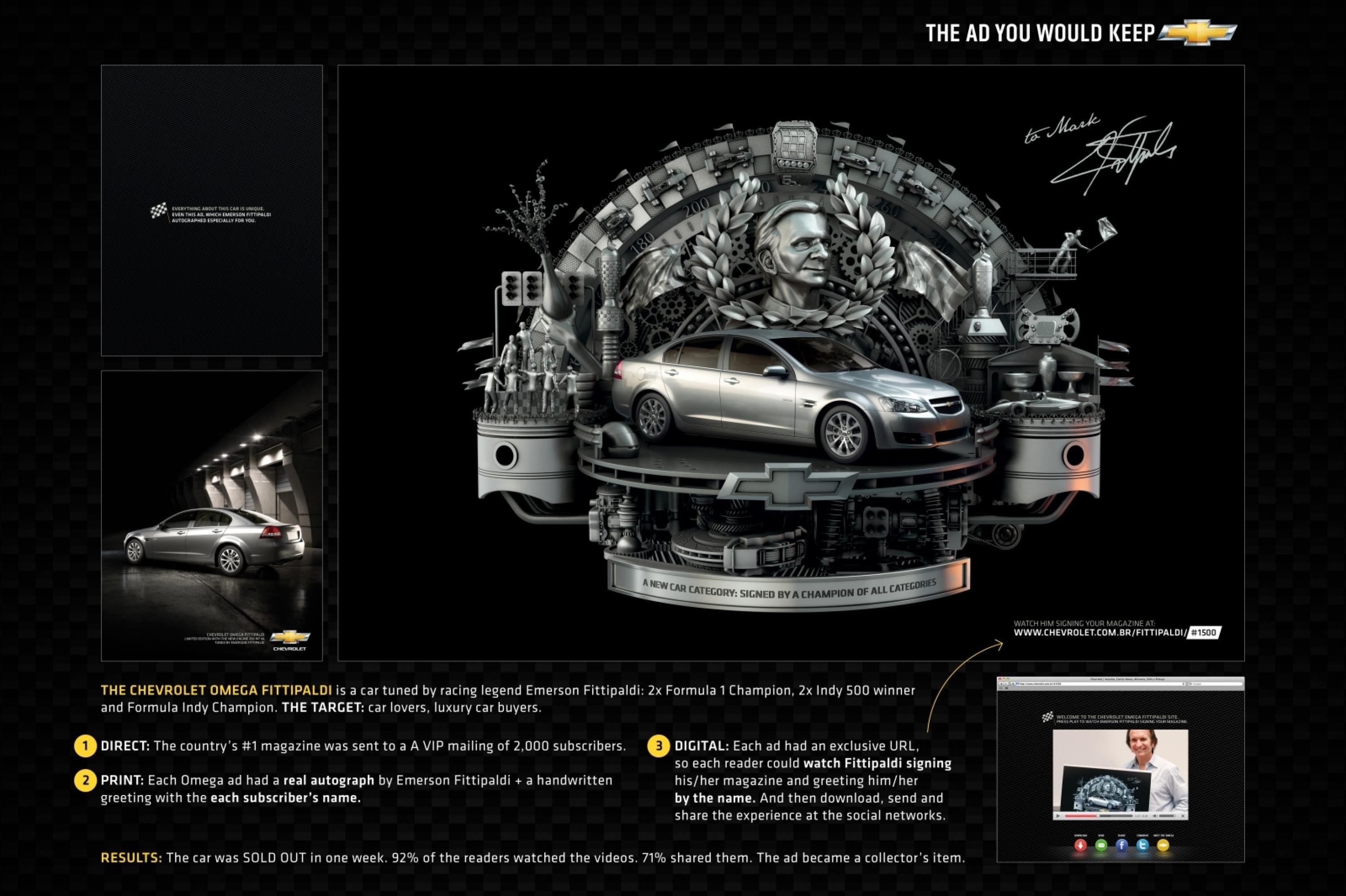Entertainment > Audiovisual Branded Content
BLACK SANTA
WMcCANN, Rio De Janeiro / COCA-COLA / 2020
Awards:


Overview
Credits
Overview
Why is this work relevant for Entertainment?
Black Santa is relevant because it was one of the most talked about entertainment projects of the year in Brazil. In a country where soap operas are still one of the main generators of culture, Coca-Cola became the first brand to co-create Globo TV's Christmas Special Show. An unprecedented collaboration with Latin America's largest broadcaster that made one of the most traditional shows of the nation, aired since 1967, present the first Black Santa of Brazilian TV. So, it influenced and created a debate regarding representativeness in the country's entertainment.
Background
Coca-Cola was losing market share in the holidays for years in Brazil. Despite being a brand so related to Christmas all over the world, in the country its products were becoming less and less present at the holiday’s celebrations. In addition to the high prices considering the market average, there was a gap between the Brazilians and the brand's Xmas message. Always built around the landscape of the snowy Christmas, which is completely different from what happens in the region. The brief stated that was necessary to change this perception and make Coca-Cola relatable once again to the Brazilians. So, the main objectives were to bring authenticity to the brand's voice, present a message that could resonate with the majority of the country and re-own Christmas.
Describe the creative idea
To create a new Christmas story, Coca-Cola took over a traditional Xmas Special Show that millions of Brazilians are used to watch to present the first Black Santa of Brazilian TV. The brand that created many of the symbols of the holiday and has spread its magic for almost 100 years now reinvented Santa Claus to talk about a very necessary topic in Brazil: representation. While 54% of the Brazilian population is black, 92% of the cast seen on TV is white. So, the show became the first soap opera where all the main characters are black. The script presented a family that are short on money and still feeling the recent loss of the grandma. So, Orlando, the grandfather, decides to seek work as a shopping mall Santa. He faces prejudice, but the magic happens as he becomes the Santa of the Coca-Cola Truck Tour.
Describe the strategy
The strategy was to take the brand to where the Brazilian’s attention was. And in entertainment, Brazil always looks to Globo. The biggest TV network of the country reaches more than 99.5% of the Brazilian homes. This is also true on Christmas. Since 1967, Globo's Special Show is the audience leader on the Xmas Evening. After all, soap operas are a tradition in Brazil. But soap operas also have an unfortunate tradition: the lack of diversity. So, Coca-Cola, as the first brand to co-create this Special Show, used this opportunity to bring representation to millions of Brazilian homes. With a story rooted in the country's culture and relatable characters, only one question remained: how Coca-Cola would be a part of the story. And the brand entered the show the same way it enters hundreds of Brazilian cities in December: with the Christmas Truck Tour.
Describe the execution
Coca-Cola stablished an unprecedented partnership with Globo TV to become the first brand to co-create it's traditional Christmas Special show. So it influenced every aspect of the show. Like the overall direction for diversity and the brand's presence being as subtle and relevant as possible. The chosen script was from a young black screenwriter from a poor neighbourhood, an author revealed in a laboratory of Afro-descendant narratives who had never worked in TV before. Her story brought an argument about Christmas that carried, in its essence, the brand's purpose to unite and connect the differences. The show was aired on the prime time of the Christmas Evening, a moment after the dinner where the Brazilians families gather around the TV. The scale was national and fully utilising Globo's network, covering 98.6% of Brazil's territory. It premiered on December 24 on TV and Globoplay, the biggest streaming platform of the country.
Describe the outcome
Coca-Cola's Special Show was watched by more than 15 million people on TV, a 66% increasing in comparison to the unbranded special show of the previous year. It was the number one Brazilian trending topic on Twitter for more than 8 hours and also the eighth trending topic of the world. The press praised it and Folha de São Paulo, Brazil’s biggest newspaper, said that "it showed the way to the Brazilian TV". It also made huge business impact. The campaign exceeded all goals of attracting and engaging with new consumers and increased the userbase in the holidays by more than 1.7 million, a result 70% higher than expected. Black Santa generated over 100 million impressions and made Coca-Cola a winner for the first time of the biggest racial-themed award in Latin America, “Prêmio Sim à Igualdade Racial”, which chose the Special as the Advertising Spotlight of the Year.
More Entries from Fiction Film: Over 30 minutes in Entertainment
24 items



















